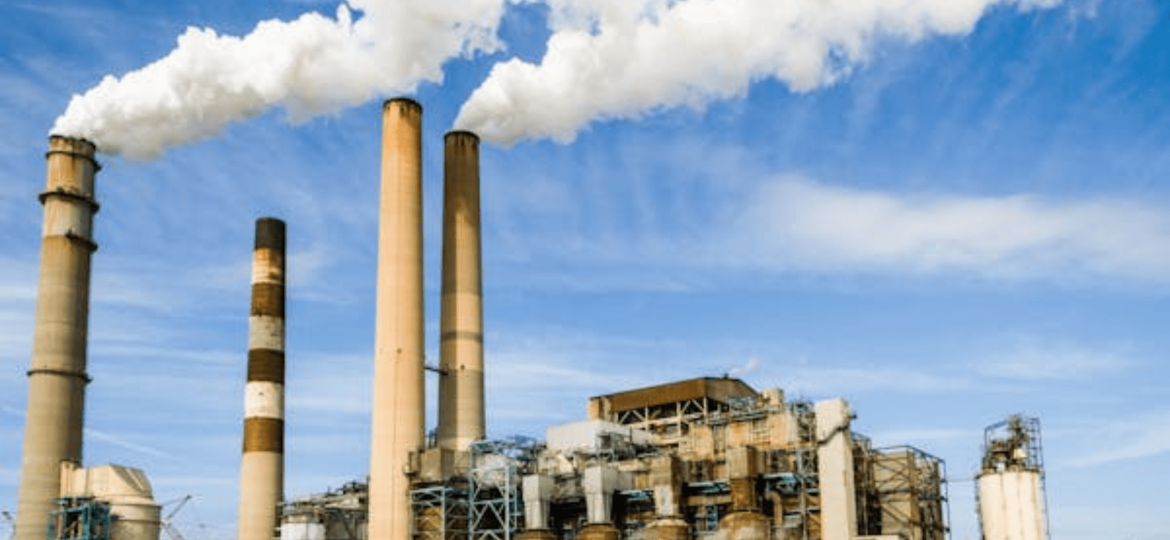
Effluent Treatment Plants (ETP) play a pivotal role in managing industrial wastewater. With India’s industrial sector expanding rapidly, the need for efficient wastewater management has become a top priority for businesses and environmental agencies alike. Among the leading players in this domain, SUSBIO stands out as the best Effluent Treatment Plant (ETP) manufacturer in India, offering cutting-edge solutions tailored to diverse industries.
What Are Effluent Treatment Plants (ETP)?

Effluent Treatment Plants are specialized systems designed to treat wastewater generated from industrial processes. Unlike sewage treatment plants that handle domestic wastewater, ETPs focus on treating chemical-heavy, toxic, and non-biodegradable effluents from industries such as:
- Pharmaceuticals
- Textiles and Dyeing
- Food and Beverage
- Paper and Pulp
- Chemical Manufacturing
The primary purpose of an ETP is to ensure the treated water meets regulatory standards, making it safe for discharge or reuse. Key processes involved in an ETP include:
- Preliminary Treatment: Removes large solids and grit.
- Primary Treatment: Settles suspended particles using physical or chemical methods.
- Secondary Treatment: Treats biological contaminants using aerobic or anaerobic processes.
- Tertiary Treatment: Polishes water quality, often through advanced filtration or disinfection methods.
Why Are ETPs Important?
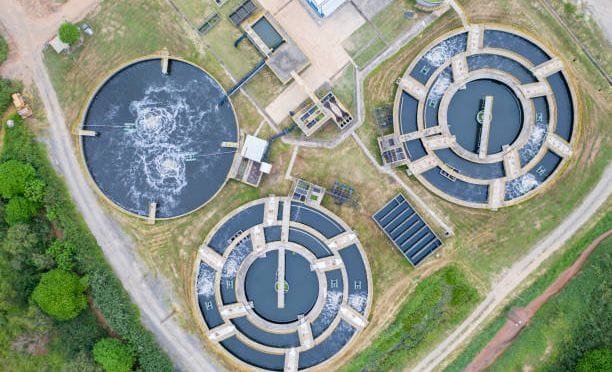
Effluent Treatment Plants are crucial for:
- Protecting the Environment: They minimize the discharge of harmful substances into natural water bodies.
- Compliance with Regulations: Industries must adhere to stringent pollution control norms set by the Central Pollution Control Board (CPCB) in India.
- Water Reuse: Treated water from ETPs can be reused for industrial processes, reducing freshwater consumption.
- Corporate Social Responsibility (CSR): Installing an ETP reflects a company’s commitment to sustainable practices.
Effluent Treatment Process: A Step-by-Step Guide
Effluent treatment is essential for purifying industrial wastewater before it is released or reused. Here’s a concise breakdown of the ETP Waste Water Treatment Process, covering physical, chemical, and biological stages:
1. Preliminary Treatment (Physical)
Purpose: Removes large debris and solids.
- Screening: Filters out large solids.
- Grit Removal: Removes sand and gravel.
- Settling: Heavier particles settle in a tank.
2. Primary Treatment (Physical & Chemical)
Purpose: Reduces suspended solids.
- Flotation: Air removes oils and grease.
- Coagulation & Flocculation: Chemicals bind particles into clusters.
3. Secondary Treatment (Biological)
Purpose: Breaks down organic matter.
- Activated Sludge: Microorganisms degrade organic waste.
- Trickling Filters: Microbial films treat wastewater.
4. Tertiary Treatment (Chemical & Physical)
Purpose: Further purifies effluent.
- Filtration: Removes remaining solids.
- Disinfection: Kills pathogens with UV or chlorine.
- Reverse Osmosis: Removes dissolved contaminants.
5. Sludge Treatment & Disposal
Purpose: Manages sludge.
- Dewatering: Separates water from sludge.
- Digestion: Breaks down organic sludge.
- Disposal/Reuse: Safe disposal or repurposing.
Why It Matters
The ETP Waste Water Treatment Process ensures:
- Compliance with environmental standards.
- Reduction of health risks.
- Water reuse for industries and agriculture.
SUSBIO: India’s Leading ETP Manufacturer
SUSBIO is at the forefront of wastewater treatment technology, offering innovative solutions that address the unique challenges of effluent management. Here’s why SUSBIO is recognized as the best ETP manufacturer in India:
1. State-of-the-Art Technology
SUSBIO integrates advanced treatment technologies, including:
- Membrane Bioreactors (MBR): Ensures high-quality treated water with minimal footprint.
- Sequencing Batch Reactors (SBR): Offers flexibility and high efficiency for industries with variable effluent loads.
- Reverse Osmosis (RO): Ideal for industries requiring ultra-pure water post-treatment.
2. Custom Solutions for Diverse Industries
Every industry has unique effluent characteristics, and SUSBIO’s team excels in designing customized ETPs that cater to specific needs.
3. High-Quality Materials
SUSBIO uses premium materials like fiber-reinforced plastic (FRP) for its plants, ensuring durability, corrosion resistance, and a longer lifespan.
4. Energy Efficiency
Energy costs are a significant concern for industries. SUSBIO’s ETPs are designed for optimal energy consumption without compromising performance.
5. Focus on Sustainability
SUSBIO promotes water reuse and zero liquid discharge (ZLD) systems, reducing the environmental footprint of industries.
6. Robust After-Sales Support
SUSBIO’s in-house team of experts ensures seamless installation, periodic maintenance, and prompt troubleshooting services.
Advanced ETP & STP Technologies for Industrial and Municipal Wastewater Treatment
Effluent Treatment Plants (ETPs) and Sewage Treatment Plants (STPs) are essential for managing wastewater from industrial and municipal sources. The adoption of advanced technologies in these systems helps ensure the removal of contaminants, compliance with environmental standards, and promotes water reuse. Here’s a quick overview of cutting-edge effluent and sewage treatment plant manufacturer technologies revolutionizing the industry.
1. Membrane Bioreactor (MBR) Technology
Overview:
The MBR combines biological treatment with membrane filtration for efficient wastewater treatment. It removes contaminants and ensures high-quality effluent with minimal suspended solids and bacteria.
Benefits:
- Compact design and lower sludge production.
- Ideal for space-constrained applications.
2. Reverse Osmosis (RO) Technology
Overview:
Reverse Osmosis is an effective filtration technology for removing dissolved solids, heavy metals, and other contaminants from wastewater, making it suitable for reuse in various applications.
Benefits:
- Produces high-quality effluent for industrial reuse.
- Reduces water consumption.
3. Moving Bed Biofilm Reactor (MBBR)
Overview:
The MBBR system uses suspended biofilm carriers to degrade organic pollutants efficiently in a compact space.
Benefits:
- High efficiency in organic matter removal.
- Space-saving design.
4. Ultra-Violet (UV) Disinfection Technology
Overview:
UV disinfection uses UV light to inactivate pathogens, making water safe for reuse without chemicals.
Benefits:
- Chemical-free disinfection.
- Minimal maintenance required.
5. Advanced Oxidation Processes (AOP)
Overview:
AOP techniques use powerful oxidants like ozone and hydrogen peroxide to break down organic pollutants, ideal for complex wastewater.
Benefits:
- Highly effective for micro-pollutants.
- No sludge production.
6. Zero Liquid Discharge (ZLD) Systems
Overview:
ZLD systems ensure that all water is recovered and reused, making them ideal for industries focusing on sustainability.
Benefits:
- Zero discharge of wastewater.
- Water conservation and cost savings.
By incorporating these advanced ETP and STP technologies such as MBR, RO, MBBR, UV disinfection, AOP, and ZLD systems, industries and municipalities can achieve high-quality wastewater treatment, improve sustainability, and promote water conservation. As an effluent and sewage treatment plant manufacturer, adopting these modern technologies ensures compliance with environmental standards and long-term cost benefits.
Why Choose SUSBIO for Your Effluent Treatment Needs?
SUSBIO is more than just an ETP manufacturer; it is a partner in sustainable industrial growth. Here’s why industries across India prefer SUSBIO:
- Decades of Expertise: With years of experience, SUSBIO understands the complexities of industrial wastewater management.
- Pan-India Presence: Whether in remote locations or urban industrial hubs, SUSBIO delivers and installs plants across India.
- Compliance with CPCB Standards: Every ETP by SUSBIO meets and often exceeds environmental regulatory requirements.
- Cost-Effective Solutions: SUSBIO offers competitive pricing without compromising on quality or efficiency.
- Commitment to Innovation: Continuous R&D ensures that SUSBIO’s solutions stay ahead of the curve in the wastewater treatment industry.
Advantages of Implementing ETP Systems
Effluent Treatment Plants (ETP) provide significant benefits for both residential and recreational settings like water parks. Here are the key advantages:
1. Water Conservation
ETP systems help conserve water by recycling treated wastewater for reuse in non-potable applications such as irrigation, cleaning, and toilet flushing. This reduces dependence on freshwater sources.
- For Homes: Recycled water is ideal for landscaping and cleaning.
- For Water Parks: Water reuse in pools, slides, and fountains minimizes water wastage.
2. Environmental Compliance
ETPs ensure that wastewater meets environmental standards before discharge, protecting local water bodies from contamination.
- For Homes: Properly treated wastewater reduces pollution in municipal systems.
- For Water Parks: Ensures safe discharge by meeting strict environmental regulations.
3. Cost Savings from Recycled Water
Recycling treated water through ETP systems results in reduced water bills and lower operational costs.
- For Homes: Save on water bills by using treated water for irrigation and cleaning.
- For Water Parks: Reduced water consumption leads to lower operational costs, especially for landscaping and cooling.
4. Improved Health and Hygiene
ETP systems remove harmful bacteria and pollutants, ensuring treated water is safe for reuse or discharge.
- For Homes: Ensures water used for irrigation and cleaning is free from harmful contaminants.
- For Water Parks: Safeguards visitor health by preventing the spread of waterborne diseases.
5. Long-Term Sustainability and Environmental Responsibility
Implementing an ETP system helps reduce your ecological footprint and contributes to sustainability.
- For Homes: Helps homeowners reduce their reliance on freshwater and minimize environmental impact.
- For Water Parks: Achieving zero liquid discharge (ZLD) promotes sustainability by ensuring no untreated water is released.
ETP systems offer a wide range of benefits, including water conservation, environmental compliance, cost savings, and sustainability. Whether for residential housing or water parks, ETPs help conserve resources and promote a cleaner, greener future.
The SUSBIO Advantage
SUSBIO’s hero product, SUSBIO ECOTREAT, has revolutionized wastewater treatment with its prefabricated, plug-and-play design, energy efficiency, and ability to handle high contaminant loads. While SUSBIO ECOTREAT is widely recognized for sewage treatment, the same principles of innovation and excellence extend to its ETP offerings.
Conclusion
Effluent treatment is not just a regulatory necessity but a critical step toward sustainable industrial development. As industries grow, so does their responsibility to protect the environment and conserve water resources. With its cutting-edge technology, industry expertise, and customer-centric approach, SUSBIO is undoubtedly the best Effluent Treatment Plant (ETP) manufacturer in India.
If you’re looking for reliable, efficient, and eco-friendly ETP solutions, look no further than SUSBIO—the trusted name in wastewater management.



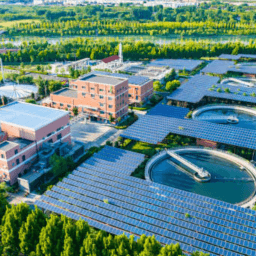


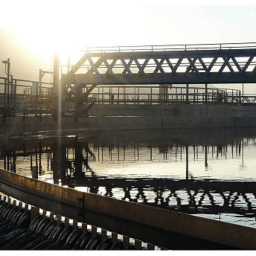
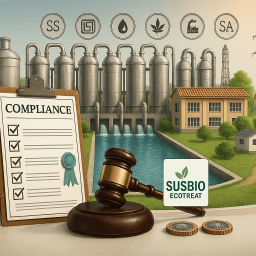
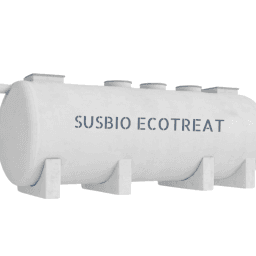
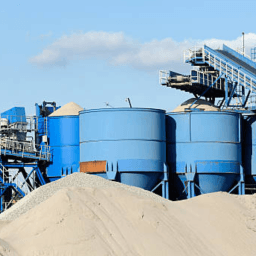
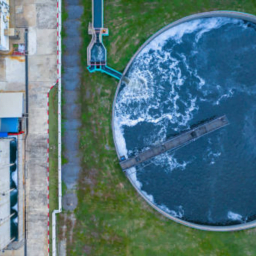
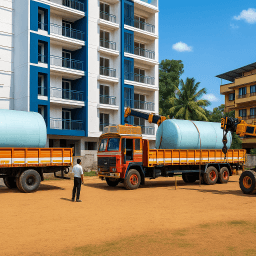

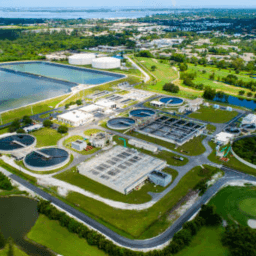



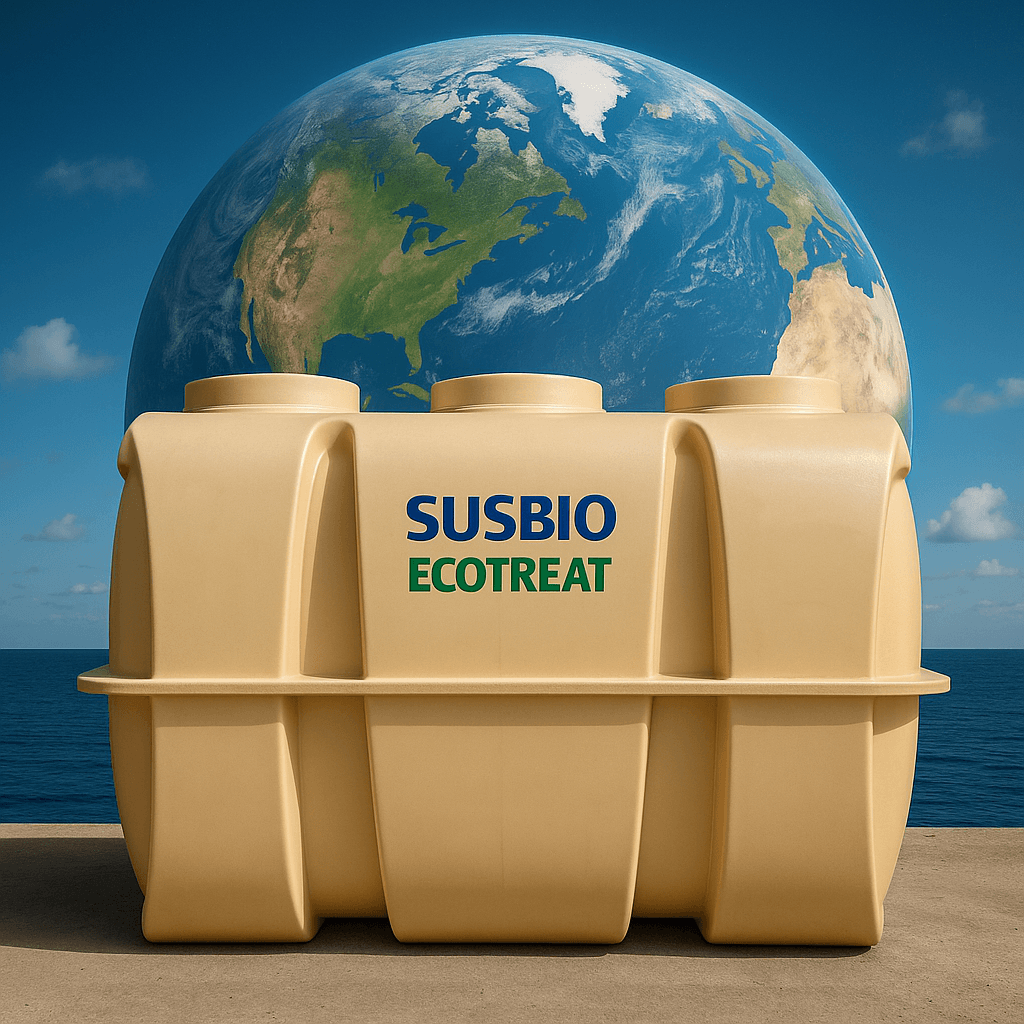
[…] has built a reputation as the top ETP plant manufacturer in India by consistently delivering exceptional performance, reliability, and customer […]
[…] industrial wastewater and ensuring compliance with regulatory standards. Selecting the right ETP manufacturer can significantly impact your business operations, cost efficiency, and sustainability […]